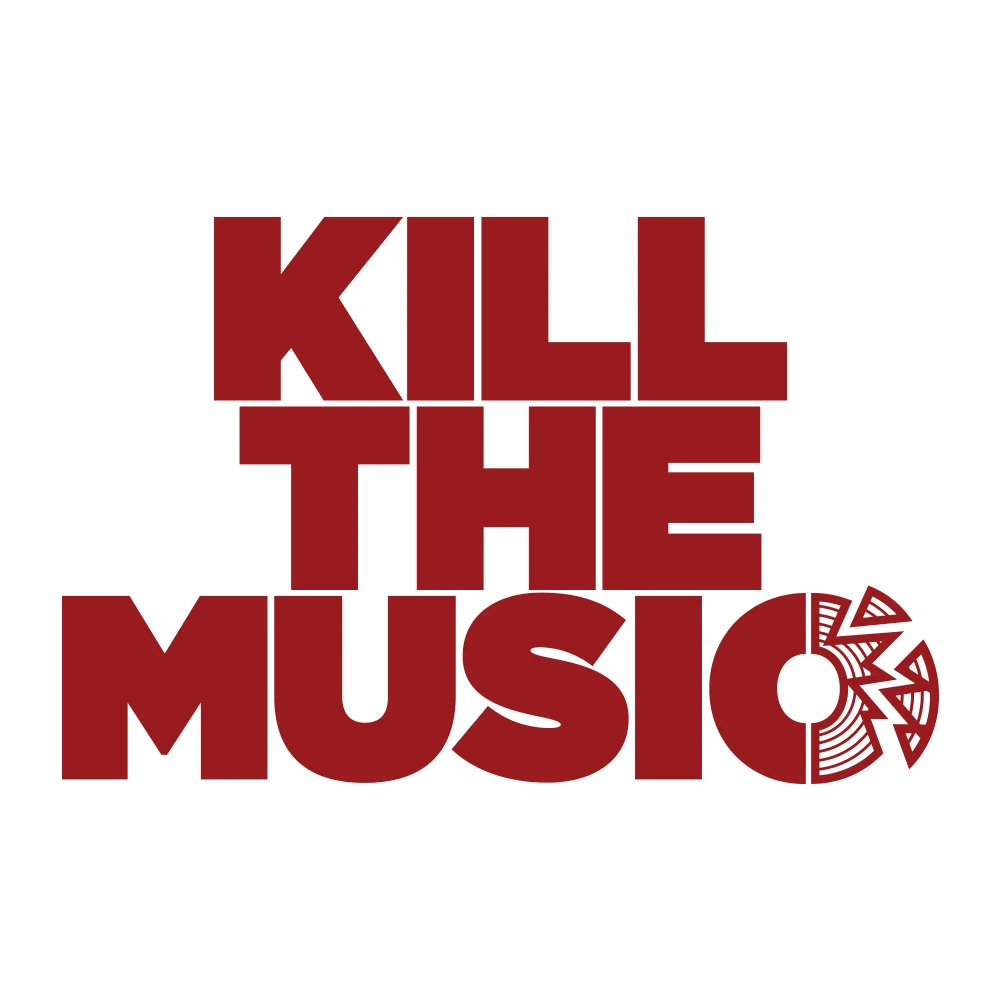The role of record labels and music licensing in the modern music industry is multifaceted and constantly evolving.
Record labels are responsible for a variety of tasks, including discovering and signing new talent, promoting and marketing artists and their music, and managing the financial aspects of the recording and distribution process. Music licensing, on the other hand, refers to the process of obtaining permission to use someone else's music in a specific context, such as in a film, television show, video game, or live performance.
However, record labels and music licensing play important roles as they help artists distribute and monetize their music and ensure that music creators and copyright holders are fairly compensated for their work on different platforms, including social platforms copyrighted music on TikTok, Instagram, etc.
In the past, record labels were essential for artists to hear their music from a wide audience. In addition, they provided the resources and infrastructure needed to produce and distribute physical copies of music.
But with the advent of the internet and streaming platforms, the power dynamic has shifted, and artists now have more options for distributing and promoting their music independently. They can self-release their music online and promote it through social media and other digital platforms.
While it may be easier than ever to release music independently, record labels still offer a number of benefits that can help artists succeed. This piece delves into different roles and their importance in supporting artists and the music industry.
Role of record labels in discovering and managing artists
One of the primary functions of record labels is to discover and sign new artists to bring more versatility to the market to stay ahead of the scene. This involves scouting for young and new talent and evaluating the potential of an artist to succeed in the industry.
Once an artist is signed to a label, the label becomes responsible for promoting and distributing their music, including investing in marketing campaigns, coordinating tours and performances, and collaborations with other media outlets. Thereby still providing valuable resources and support to help new and established artists grow in their career.
The community is still important to the music industry to sustain itself in the longer run, and that's why labels are equally important to bring artists, producers, and other music professionals to support each other.
Business aspects and intellectual property rights
In addition to promoting and distributing an artist's music, record labels also handle the business aspects of an artist's career. This includes negotiating contracts, managing royalty payments, and handling intellectual property rights.
Record labels have the resources and expertise to handle these tasks, which can be especially beneficial for artists who are just starting out and may not have the knowledge or experience to navigate the complexities of the music industry on their own.
One of a record label's primary responsibilities is negotiating contracts with artists. These contracts may cover various topics, including the terms of the artist's recording and touring agreements and the rights and obligations of both the artist and the label.
The contract may also outline the royalty rate that the artist will receive for their music, as well as any advances or bonuses that may be paid to the artist.
Besides that, ensuring that the artist's music is properly registered and copyrighted and enforcing those rights when necessary is another important handling of the labels. For example, if an artist's music is used without permission, the record label may take legal action to protect the artist's rights and ensure that they are fairly compensated.
The shift towards independent distribution and promotion
As we discussed above, traditionally, record labels played a dominant role in the distribution and promotion of music. This is because they controlled the distribution channels and had the resources to invest in marketing and promotion. However, with the rise of the internet and streaming platforms in the last few years, artists now have more options for distributing and promoting their music independently.
For example, artists can use social media and streaming platforms like Spotify and YouTube to reach a wider audience and promote their music. They can also use platforms like Bandcamp and Patreon to sell their music directly to fans and receive financial support from their fanbase.
While the shift towards independent distribution and promotion has given artists more control and autonomy, it has also made it more difficult for artists to stand out in a crowded and competitive market. As a result, many artists still rely on record labels in the music industry, particularly established artists who have already built a fanbase.
To conclude, with ever-growing digital platforms and technology, the music industry will continue experimenting with different ways to bring out new music, artists, and entertainment while protecting the artists.
In doing so, we would be seeing a balance of rise in new artists through record labels and a booming independent scene. The competition will stay on both sides, with new artists and new labels coming up, each finding creative ways to do things differently.
Still, the baseline on licensing of the music and copyright protection would be the same. This is because the importance of music licensing and royalties will continue to play a vital source of income for musicians and labels to support the creative economy in the music industry alongside other collaborations.
Furthermore, without music licensing, it would be much more difficult for artists and songwriters to make a living from their work, which could harm the overall quality and diversity of music available to the public

